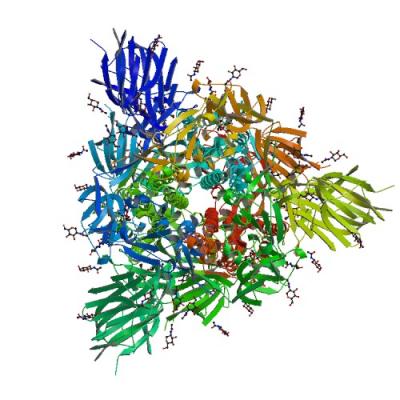A large clinical trial to assess treatments for preventing people at high risk from developing multidrug-resistant tuberculosis (MDR-TB) has begun. The study is comparing the safety and efficacy of a new MDR-TB drug, delamanid, with the decades-old TB drug isoniazid for preventing active MDR-TB disease in children, adolescents and adults at high risk who are exposed to adult household members with MDR-TB.
Contact
Submit a Media Request
Contact the NIAID News & Science Writing Branch.


